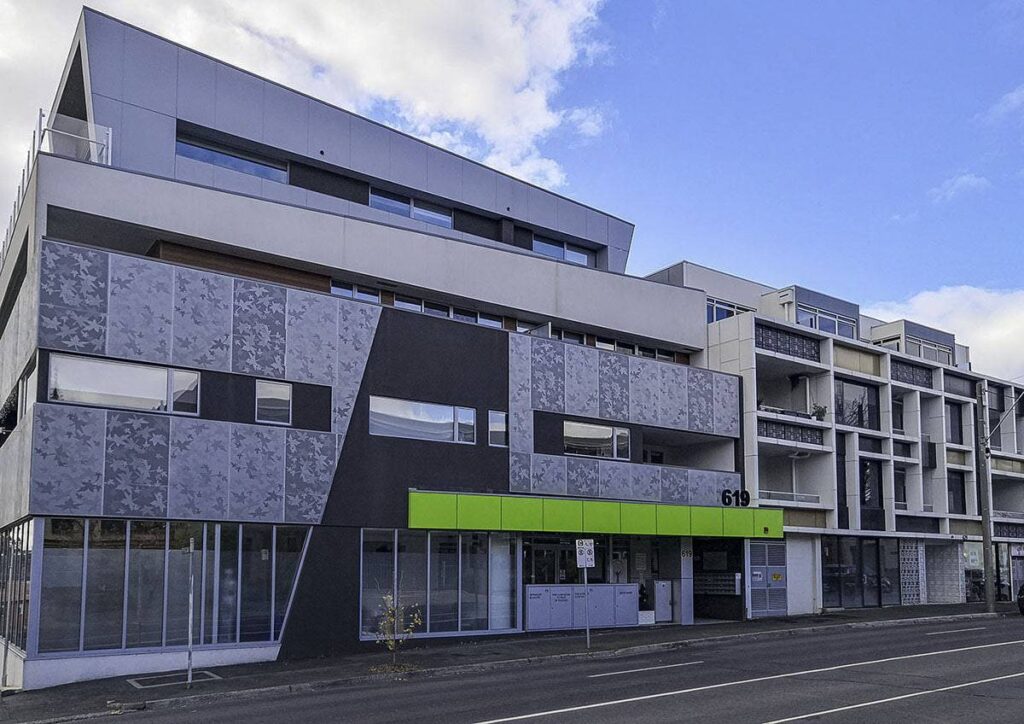In Person or by Telehealth
The prospect of a neurosurgical procedure can be daunting, which is why Dr Ales Aliashkevich is committed to delivering personalized and compassionate care for each of his patient’s unique situations. He can offer face-to-face and telehealth appointments to recommend the most appropriate approach for each patient. Urgent appointments are available on request.
INITIAL CONSULTATION
In Person or by Telehealth
Before the actual appointment, our office will liaise with your GP to obtain a referral and relevant medical information, including results of previous imaging, nerve conduction tests, EMG, and other radiological and neurophysiological investigations. All new patients will be asked to fill out the detailed registration form to understand the nature and urgency of their problem, past history, current symptoms, previous treatment, and other general health issues which may be relevant to your treatment.
If you were injured in the workplace, traffic or other accident, please provide an accurate description of the incident circumstances, as they play a major role in understanding the mechanism of injury and planning appropriate management strategy. You are welcome to prepare a list of your questions and important matters you wish to discuss and send it to us so that we can save you time in the consulting room and focus on your problem.
As most private radiology practices in Australia (e.g. I-MED, Capital Radiology, Healthcare Imaging, Regional Imaging, and others in Victoria) allow online access to imaging performed over the past 3 – 4 years, you don’t need to worry about it. It is however important to bring your scans, films, or CD-ROMs if you had investigations overseas, in public hospitals or prior to the digital era.
Dr Aliashkevich will assess all available information and form a preliminary plan before meeting you in person. You will receive a reminder SMS confirming the appointment time and location 2 or 3 days in advance. For your convenience, we are happy to offer all forms of telehealth consultations, including phone, Skype, Zoom, Facetime, and other suitable conferencing options of your preference.t
ACCURATE DIAGNOSIS IS THE KEY TO SUCCESSFUL TREATMENT
Radiological and Neurophysiological Investigations
After taking your history and performing examinations, your imaging will be reviewed and discussed with you. Understanding the problem is essential in finding the best possible solution and good quality radiological investigations play an important role in visualizing any structural changes and abnormalities. Very often, additional and more detailed radiological investigations will be required. These may include:
– MRI (magnetic resonance imaging) including weight-bearing scans and MR angiography,
– CT (computed tomography),
– SPECT (single-photon emission computed tomography),
– flexion/extension, lateral bending, and other specific types of X-Rays,
– EOS imaging (low dose 3D imaging in natural standing position),
– DEXA bone mineral density measurements,
– ultrasound and other studies.
For certain neurological conditions, you may be referred to neurophysiological investigations, including nerve conduction studies, EMG (electromyogram), SSEP (somatosensory evoked potentials), and MEP (motor evoked potentials).
Sometimes, the opinion of other specialists may be required, e.g. neurologist, pain specialist, vascular surgeon, rheumatologist, endocrinologist, and others, and a corresponding referral will be arranged.
INDIVIDUALISED APPROACH
Discussion of Options
Not infrequently, patients may have 2 or more separate clinical problems affecting the same part of the body, e.g. simultaneous involvement of several nerve roots or cervical nerve root compression and peripheral neuropathy.
In these situations, identifying the cause of your symptoms may require diagnostic injections. They involve nerve block using local anesthetic and steroids under X-Ray or CT guidance. Sometimes, they also provide relief of your symptoms and can be utilized as both diagnostic and therapeutic procedures.
Once the cause of your problem is identified, we will discuss suitable management options. In most situations, there is more than one option available and surgery will be only the last resort when every other form of conservative treatment fails to improve your condition.
In order to help you make the right decision, we will discuss the pros and cons of all possible modalities and explain the expected outcomes during consultation. You will be provided with detailed information materials relevant to your condition to take home and discuss with your family. A report to your General Practitioner will be dictated at the end of the appointment and a copy will be sent to you as well.
Usually, your report will contain relevant high-resolution imaging to help you and your GP understand your pathology. We have received very positive feedback from our referrers and patients about this highly individualized and so far, truly unique service. As Dr Aliashkevich uses voice recognition for his reports, there is no need to wait for typing and the documents will be in your email essentially 10-20 minutes after your consultation.
CONSERVATIVE TREATMENT ALWAYS FIRST
Treatment Decisions
Our primary goal would be to avoid operation and to focus on other available strategies. This approach is proven as the safest and most effective in many scenarios. However, there are situations when surgery is the final and necessary step to improve a patient’s condition and quality of life. If an acute or disabling neurological problem is present, intervention may be the only reasonable solution.
Having hesitation about brain or spine surgeon surgery is natural and understanding the problem and range of available alternatives is very helpful prior to making this important decision. Building trust and reliable communication with your surgeon is essential for successful treatment. The vast majority of our patients are happy with this conservative approach and very satisfied with the results of carefully chosen minimalistic operation.
Obtaining a second opinion is always a good step in case of any doubts or uncertainties. Your wish to consult another specialist will be encouraged and supported. We maintain good collegial relationships with other doctors and medical groups and can always provide copies of our medical records to them, on your request.
The peer review process is one of the crucial factors in avoiding unnecessary surgery and minimizing risks. We strive to work together as a team to achieve the best possible results and to represent your best interest as our patient. to get treatment you just need to take an Appointment.

BUILD AND MAINTAIN TRUST
Patient’s Privacy
Our practice pays great respect to patients’ privacy and provides a safe environment. The goal is to build and maintain trust between the patient and the neurosurgeon. Patients’ comfort is as important as their treatment, and we ensure that anything you discuss with Dr. Aliashkevich is kept private. Any files and all personal information are kept secure.
Patients can give consent to share their health information, for example, when attending other medical practitioners. We will never release any information to insurers or other parties without consent.
Appointment Request
Our office will assist to coordinate an appointment at the location most convenient and accessible for you.
If you have any questions about our services, please call our main office on 0390084200 or email us at info@mineuro.com.au.
Our main office is located in Surrey Hills, within 2 minutes walking distance from the train station:
miNEURO Consulting Suites
Suite 4, Ground Floor, 619 Canterbury Road
SURREY HILLS VIC 3127
